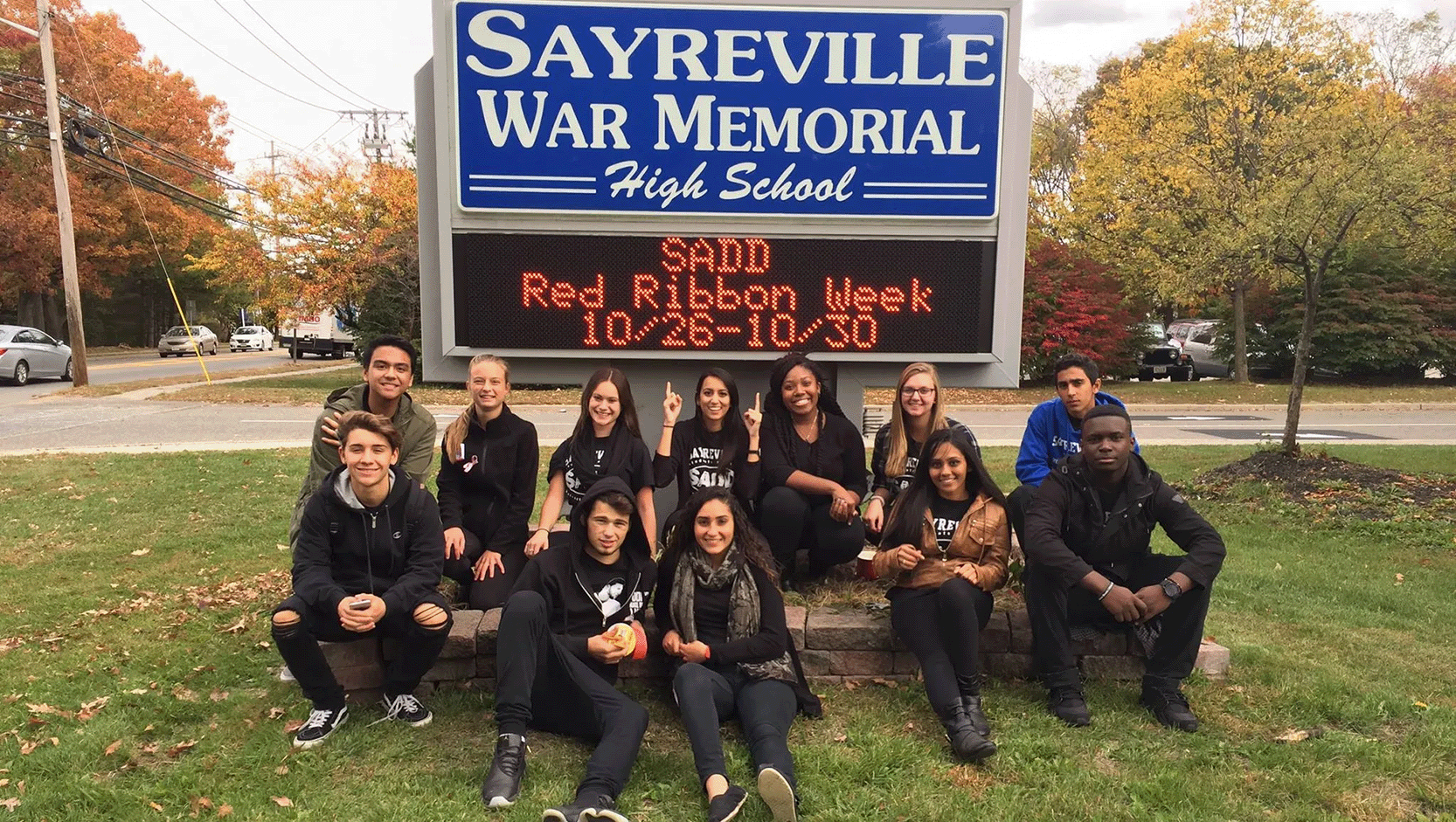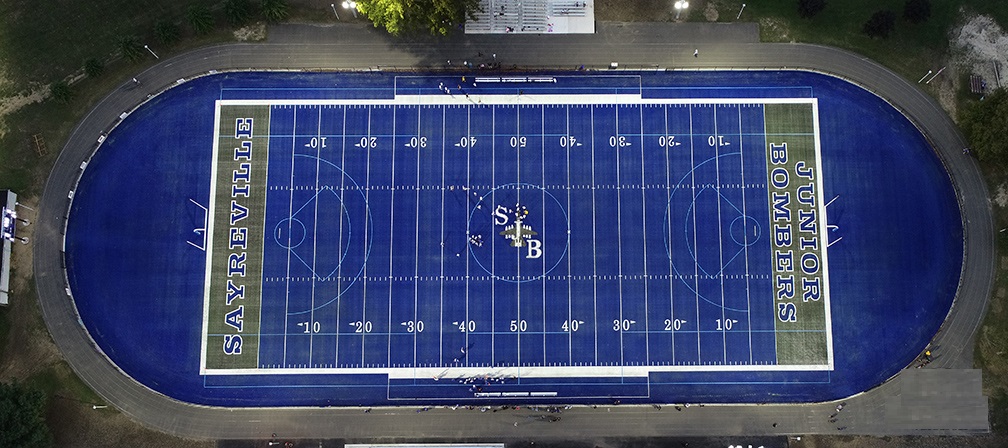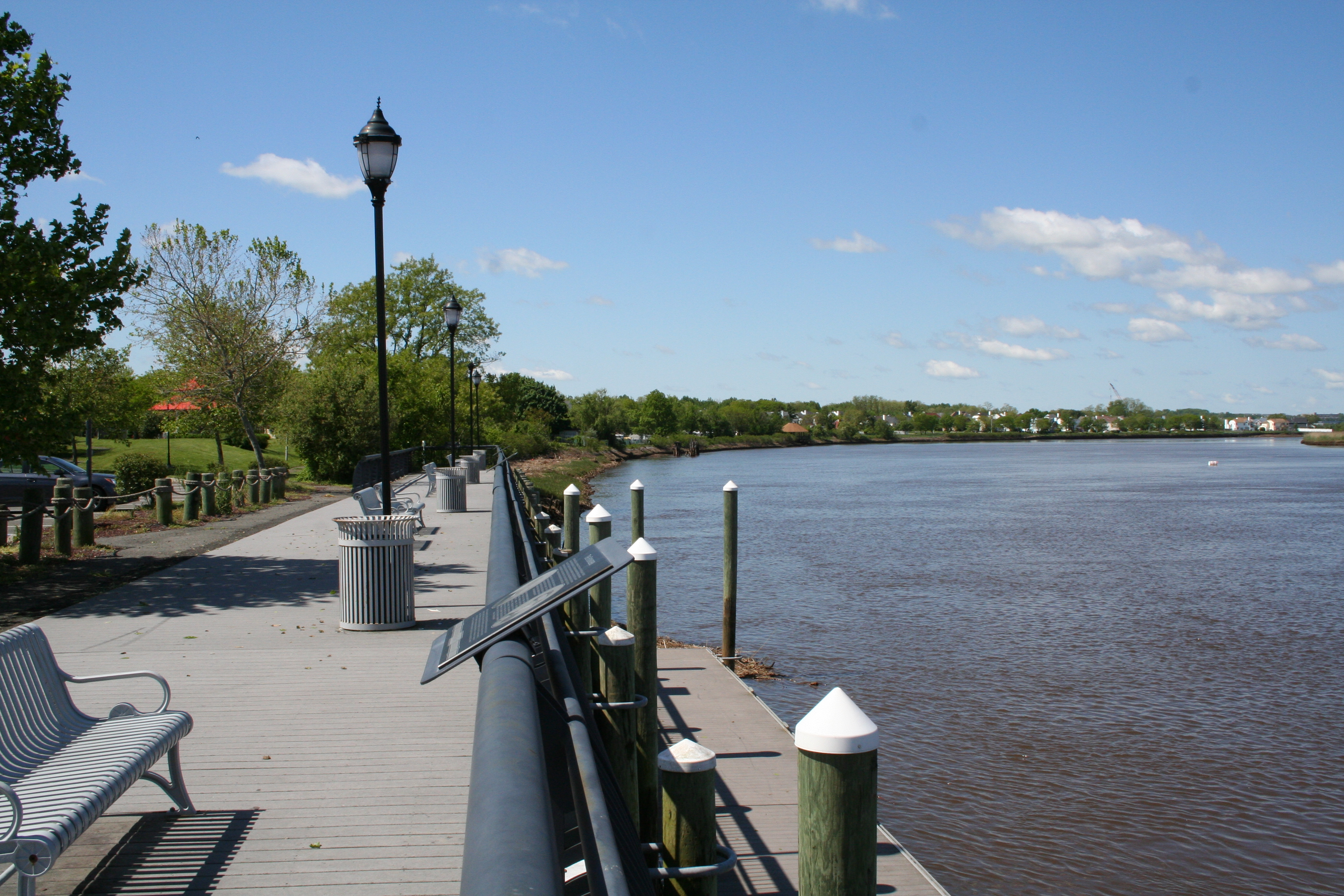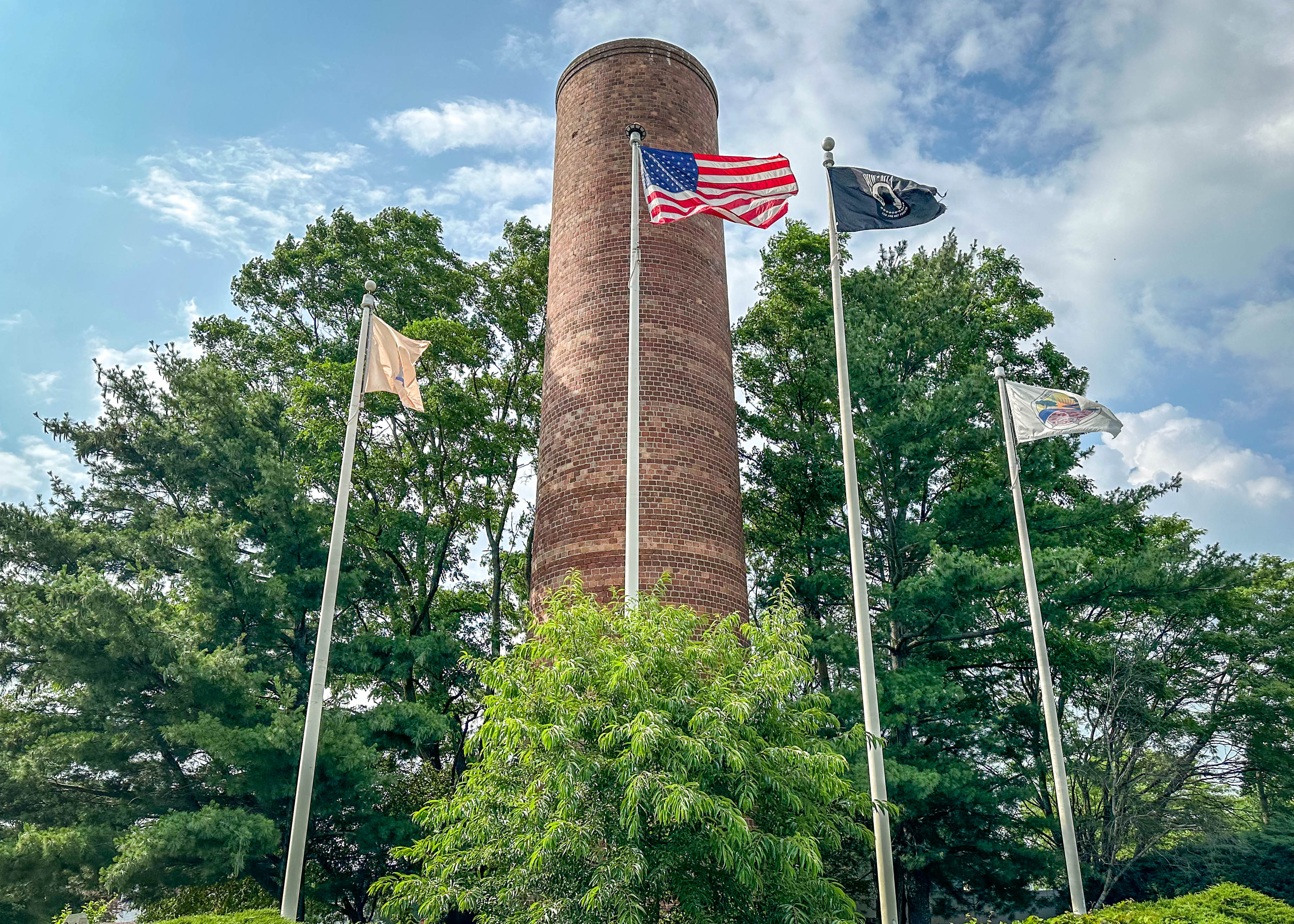9-1-1: Your Guide to Calling Emergency Services
Page Navigation 

9-1-1 NEEDS TO KNOW WHERE TO GO
- When calling 9-1-1, one of the first things you'll be asked to provide is the location of the emergency you are reporting.
- The call taker may not automatically know your location or may ask you to confirm it.
- Make sure you provide as much detail on your location as possible, such as landmarks, cross streets and mileposts.
KNOW YOUR CELL WELL
- The current 9-1-1 system is designed predominantly for voice communications.
- Texting 9-1-1 is not an option in most locales; you must dial 9-1-1 and speak with a call-taker.
- Pull over when driving, if possible. This reduces the chance of a dropped call.
- Lock your keypad when you're not using your phone, so 9-1-1 isn't dialed by mistake. For the same reason, don't put 9-1-1 on speed dial.
- Don't give old phones to children as toys. A wireless phone with no active service can still call 9-1-1.
- If you accidentally call 9-1-1, stay on the line and tell the call-taker that you do not have an emergency. DO NOT HANG UP!
- Calling 9-1-1 from a cell phone is always free and it is never necessary to dial an area code.
9-1-1 IS FOR EMERGENCY USE ONLY
- Call 9-1-1 for emergencies only. It is appropriate to call 9-1-1 when you need to save a life, stop a crime, or report a fire.
- 9-1-1 is the right number to call in an emergency when a prompt response is needed.
- If you are not sure you have an emergency to report, call 9-1-1 and let the call-taker decide.
KNOW HOW TO USE 9-1-1 WITH THE PHONE YOU OWN
- Before you need help in an emergency, be sure to understand how the type of phone you use affects your call to 9-1-1. It is important to know the capabilties of the device you are using (landline, cellular, VoIP).
- Cell phones may not automatically tell 9-1-1 where you are so be prepared to provide detailed information about your location and the nature of your emergency.
REMAIN CALM, BE PREPARED
- Try to stay calm, give information and follow all instructions.
- Professional call-takers are trained to get information from you. Listen to them carefully and answer as concisely as possible.
- Remember that even if the dispatcher is still asking questions or giving instructions, help is already on the way.
HELP 9-1-1 HELP YOU
- The more you know what to expect when you call 9-1-1, the faster 9-1-1 can get you the help you need.
- You can save a life! Follow all instructions the 9-1-1 call-taker gives you, and don't hang up until the call-taker does. If you get cut-off, call back and explain that you were cut offl.
























